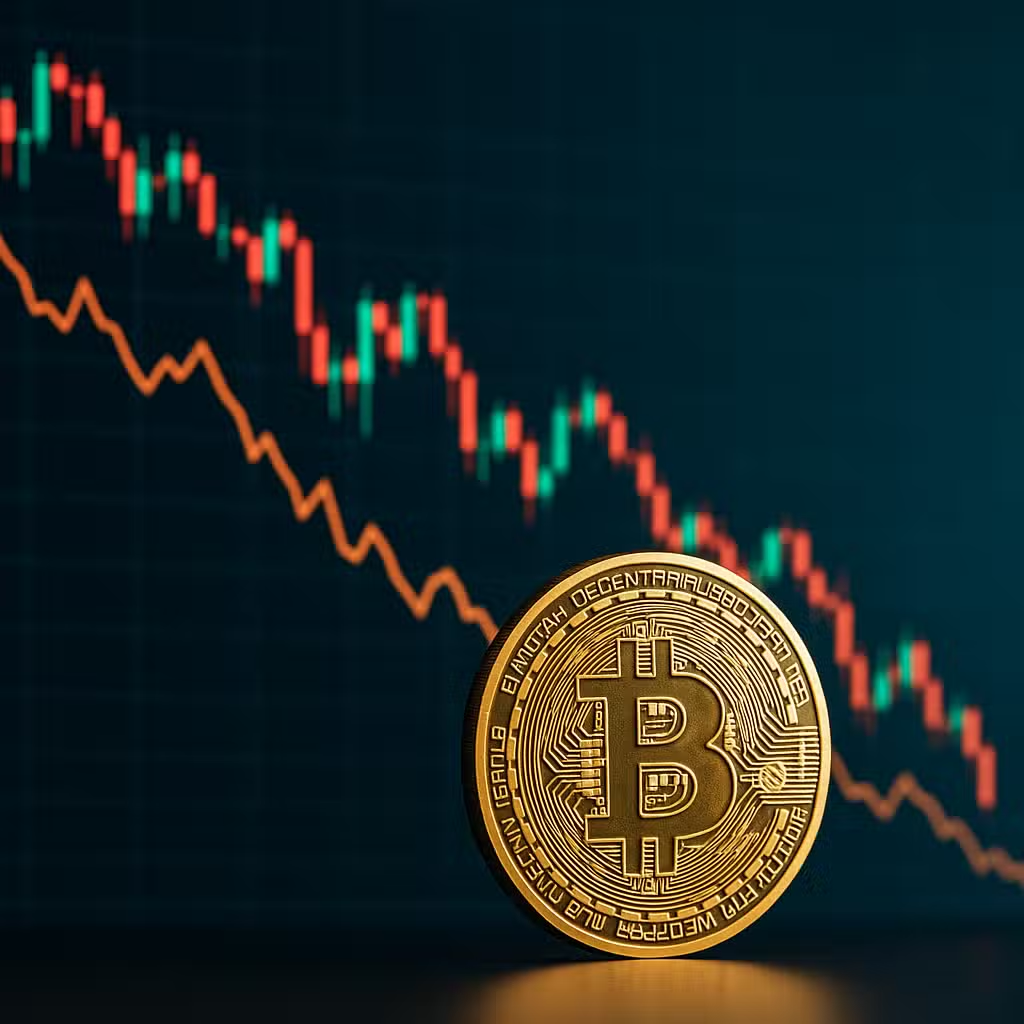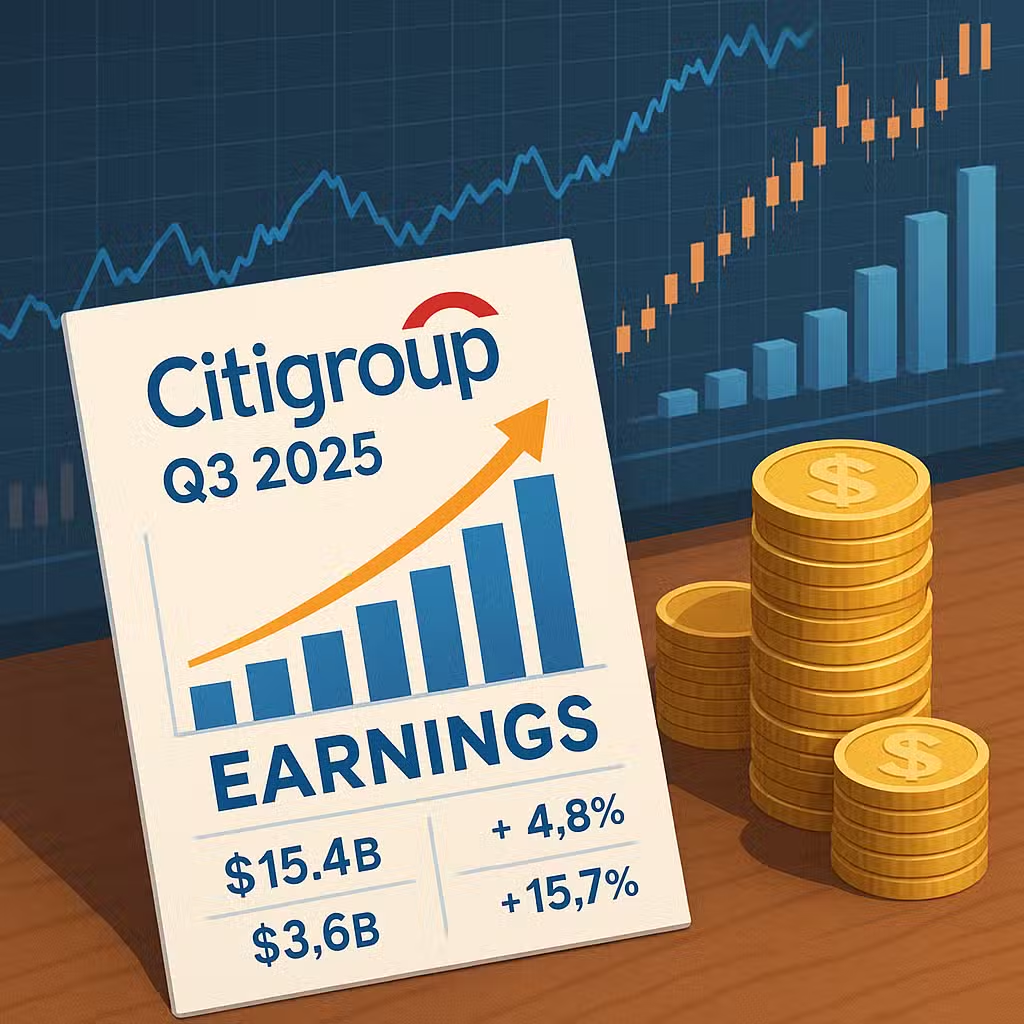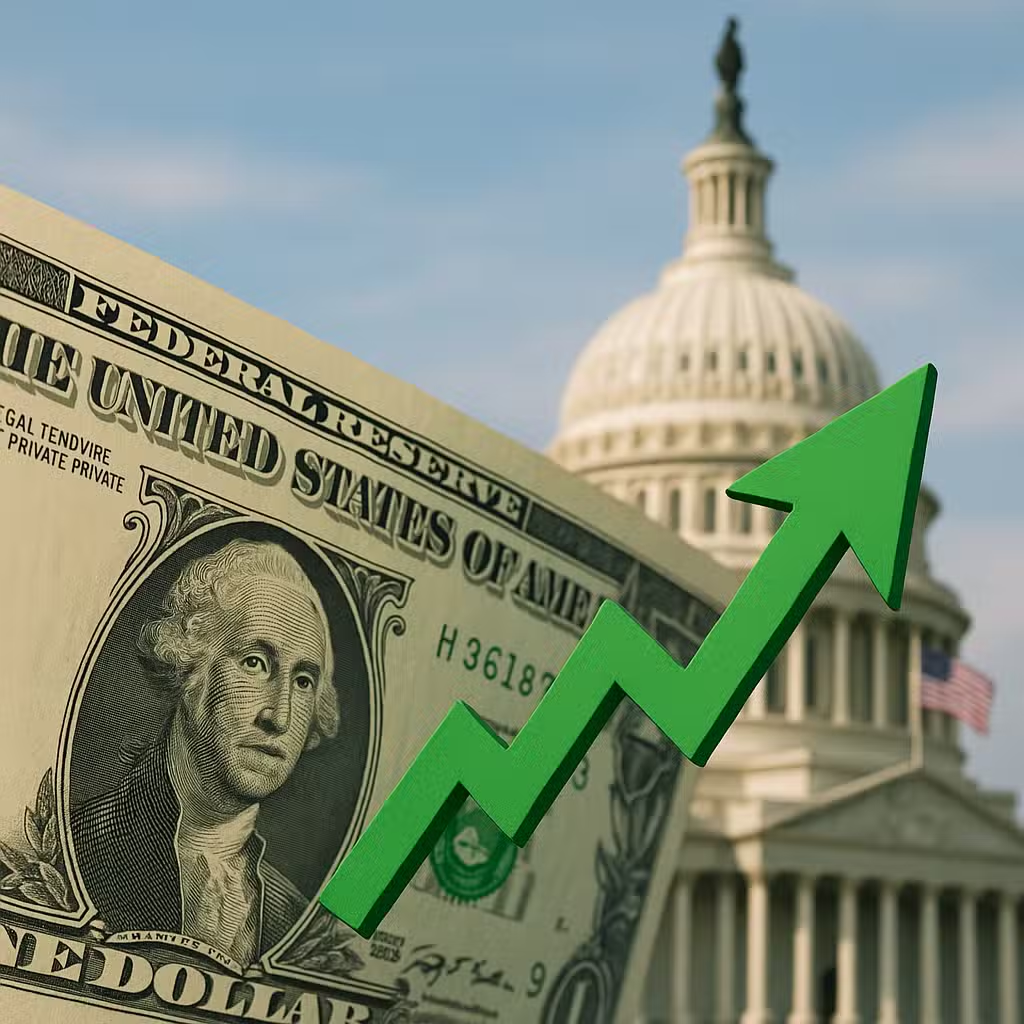Mattel Q3 2025 Earnings: Key Insights for Investors Assessing Growth and Market Trends
Imagine if your favorite toy store suddenly raised prices because it costs more to get toys from their suppliers—that’s what’s happening with Mattel, the company behind Barbie and Hot Wheels. This news matters because what happens to big toy companies like Mattel can affect the whole market, including your investment portfolio.
What Happened with Mattel?
Mattel just shared its latest financial results, and they weren’t as strong as experts hoped. Because of higher costs and tariffs (extra charges on goods from other countries), Mattel made less money than expected and sold fewer toys in North America.
- Earnings per share: 89 cents (expected was $1.07)
- Revenue: $1.74 billion (expected was $1.83 billion)
Mattel’s net income dropped to $278 million this quarter, down from $372 million at the same time last year. Net sales fell by 6%. This is the first time in three quarters that Mattel missed both earnings and revenue expectations.
Why Is This Important for Investors?
Toy companies are like a thermometer for the economy—if families feel squeezed, they may buy fewer toys. When a big name like Mattel struggles, it can be a sign that other companies and sectors may face similar challenges. If you invest in consumer goods, retail, or even global markets, these changes could impact your returns.
According to Statista, the global toy market was worth about $107 billion in 2022. So, when Mattel’s sales slow down, it’s a big deal for the whole industry.
Bulls: The Good News
- Mattel says the basics of its business are still strong. Retailers started ordering more toys again at the start of the fourth quarter.
- International sales actually went up by 3%, even as North America struggled.
- Hot Wheels, one of Mattel’s biggest brands, saw its sales rise by 8%.
- Mattel is branching out into entertainment and technology, including a new partnership with Hasbro and Netflix to make dolls based on a popular movie.
- By the end of the year, less than 40% of Mattel’s toys will come from China, which could help avoid future tariff problems.
Bears: The Bad News
- North American sales dropped 12%, hitting the infant, toddler, and preschool categories the hardest.
- Barbie sales fell 17%, and Fisher-Price sales dropped 19% from last year.
- Global tariffs and higher costs have forced Mattel to raise prices, which may push some customers away.
- Missing earnings and revenue targets can hurt investor confidence and drive down share prices—Mattel’s stock fell 4% after the news.
- Competitors in the toy and entertainment space are also feeling the impact, which could mean more slowdowns across the sector.
Historical Context & Industry Impact
This isn’t the first time tariffs have shaken up the toy world. In 2018, U.S. tariffs on Chinese goods hit toy companies hard, leading many to move production to other countries. According to a 2023 NPD Group report, the U.S. toy industry has seen sales dip as families face higher prices and fewer pandemic-era stimulus checks.
Mattel’s push into entertainment and digital products is a strategy to fight back against these trends—if successful, it could mean new growth opportunities not just for Mattel, but for the whole sector.
Investor Takeaway
- Watch the toy sector: If Mattel’s struggles continue, other toy makers may also see lower sales and profits.
- Diversify your portfolio: Don’t put all your money into consumer goods. Mix in other sectors to reduce risk.
- Look for innovation: Companies like Mattel that invest in entertainment and technology may have better long-term prospects.
- Monitor global trends: Tariffs and supply chain changes can affect more than just toys—keep an eye on news that could impact your investments.
- Stay patient: Short-term drops can create buying opportunities if you believe in a company’s long-term plan.
For the full original report, see CNBC







